Summer is all about finding time to unwind, so the last thing you need is to worry about hair damage every time you step outside. Start by wetting your hair with freshwater or a protective hair oil before your next swim — or just make it easy on yourself and wear a protective swim cap. Make sure your post-swim shower includes a clarifying shampoo and restorative conditioner to strip any residual chlorine deposits and bring back essential moisture and nutrients into your strands. Just keep these tips in mind the next time you take a dip in the pool, and you’ll significantly decrease your chances of chlorine damaging your hair. And since keeping your hair healthy is another great way to protect it against chlorine damage, be sure to read our blog post on healthy hair care tips. If you have any additional tricks that have helped to protect your hair against chlorine damage, be sure to share them in the comments below!
By Lauren Hannel, staff contributor




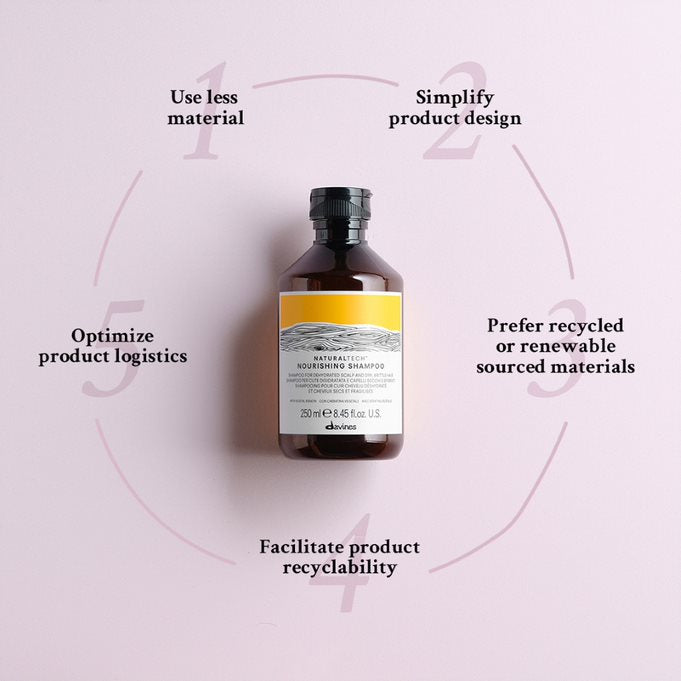
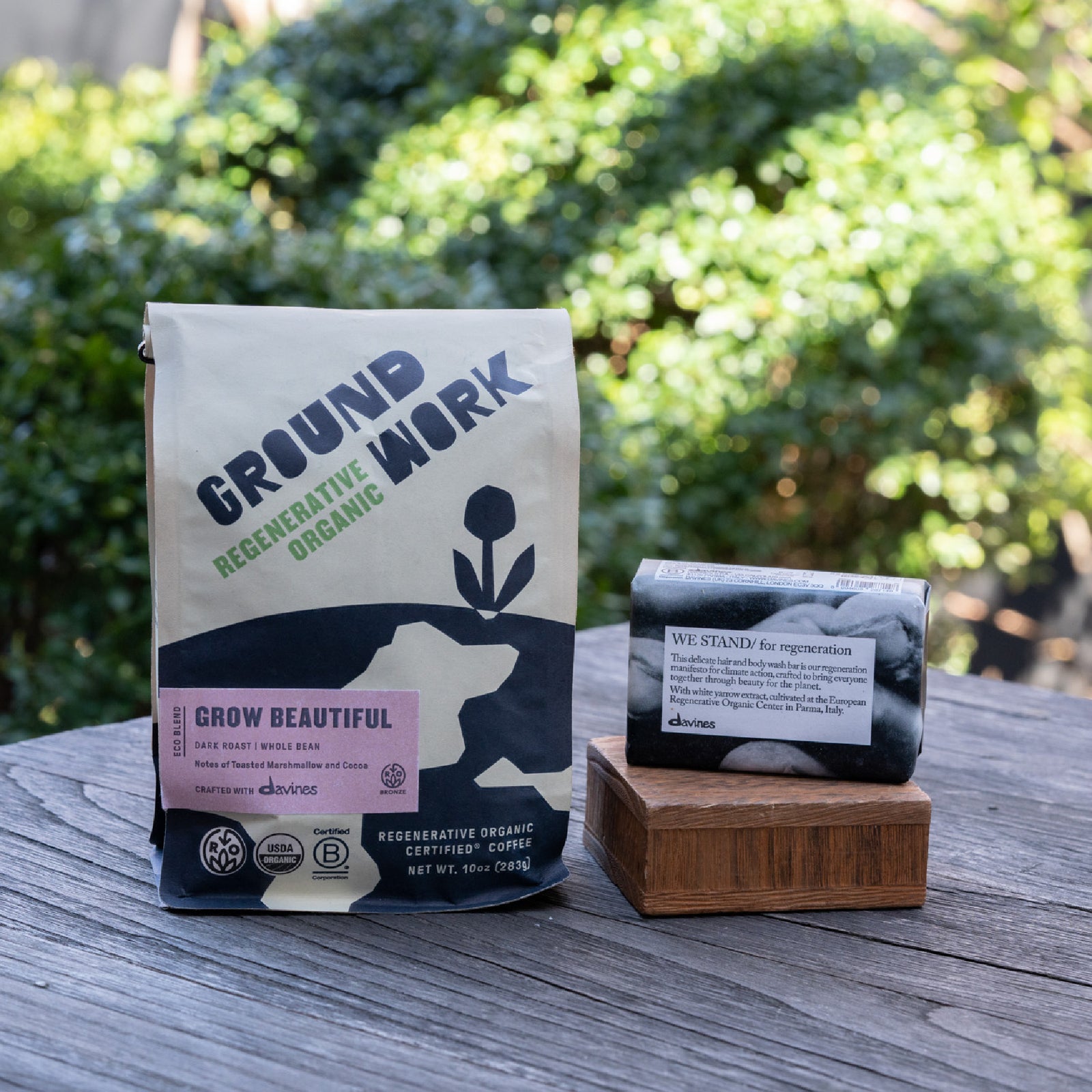
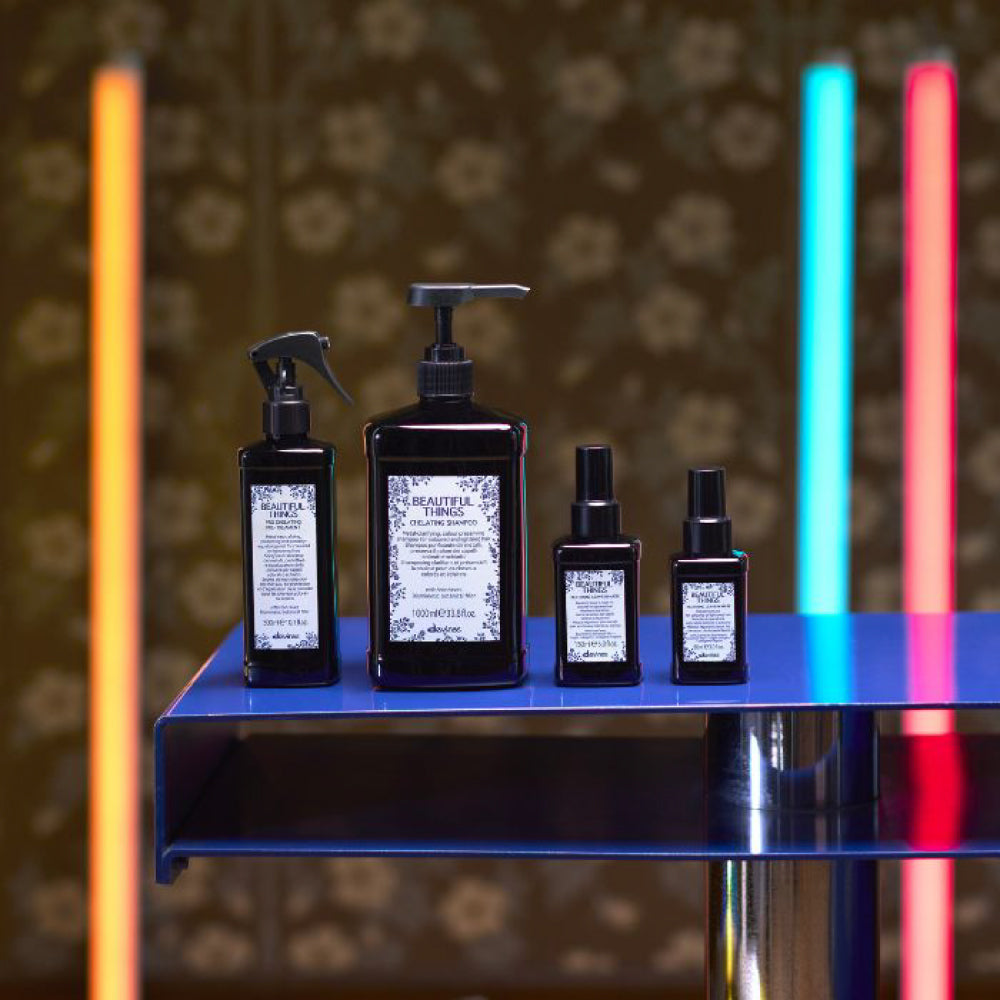

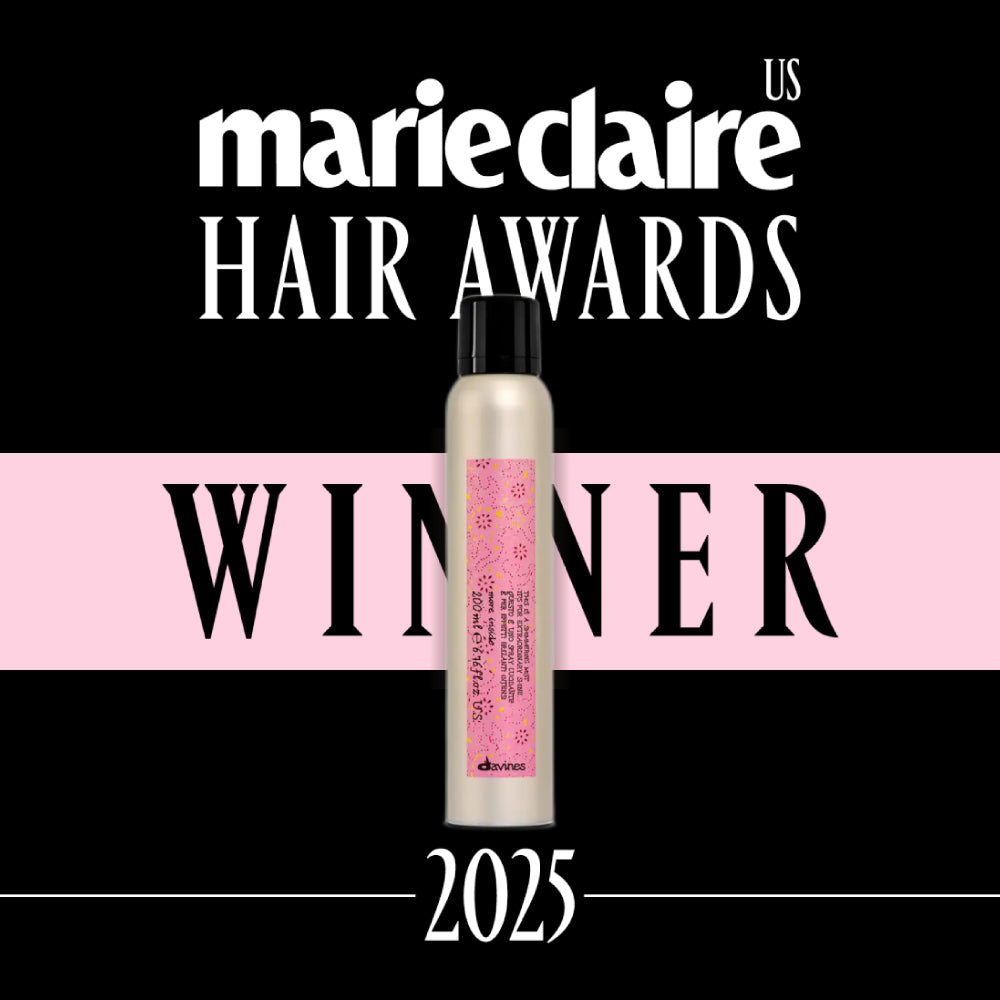
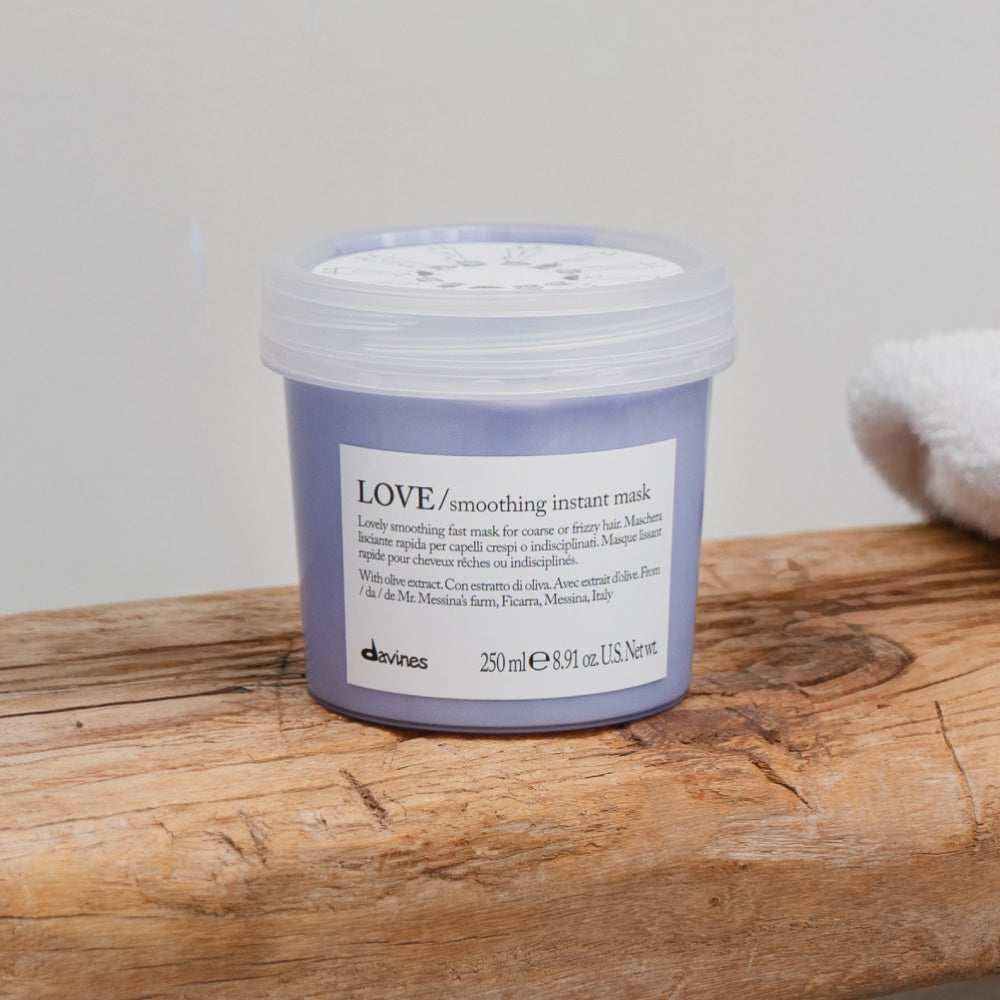
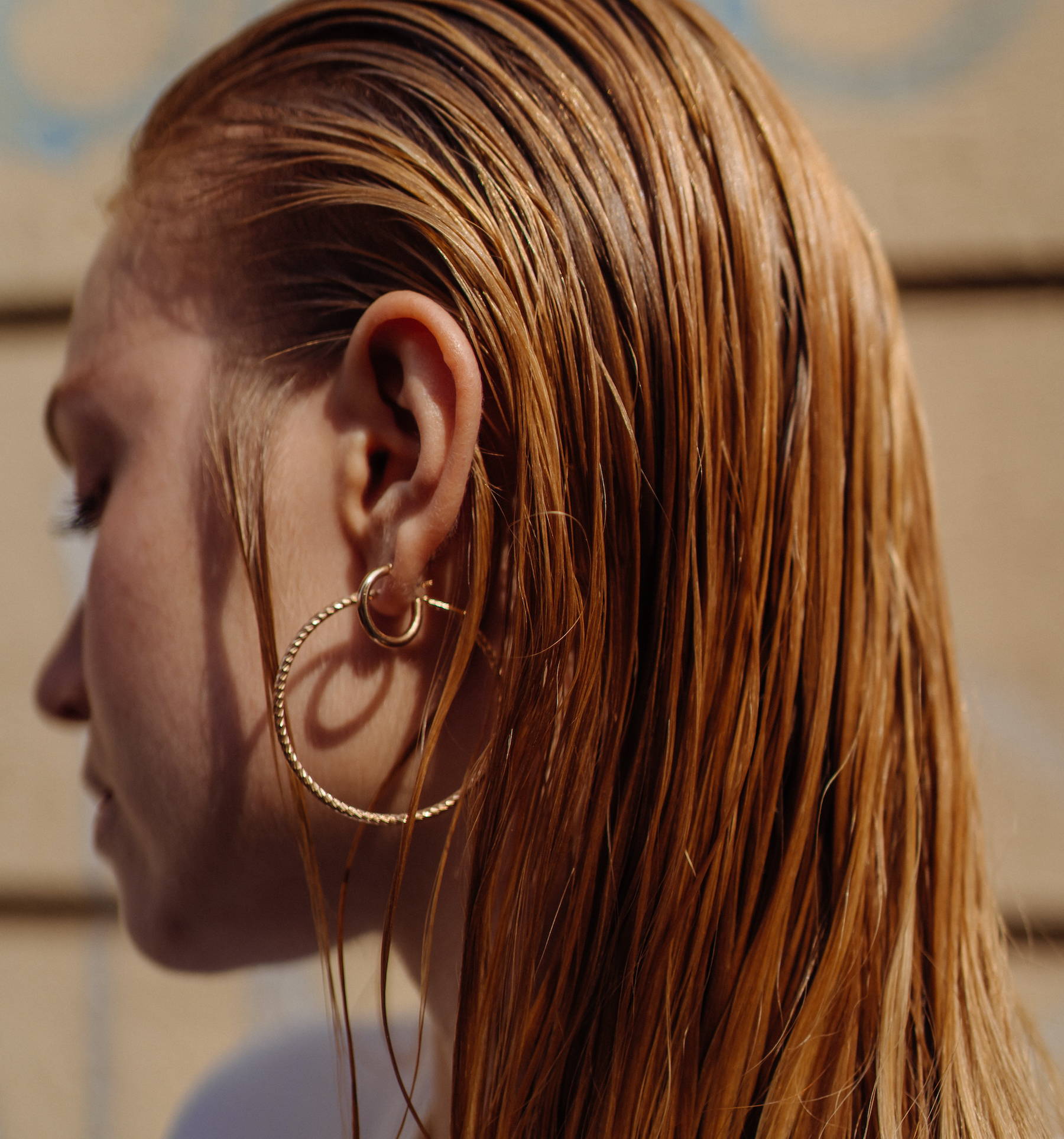
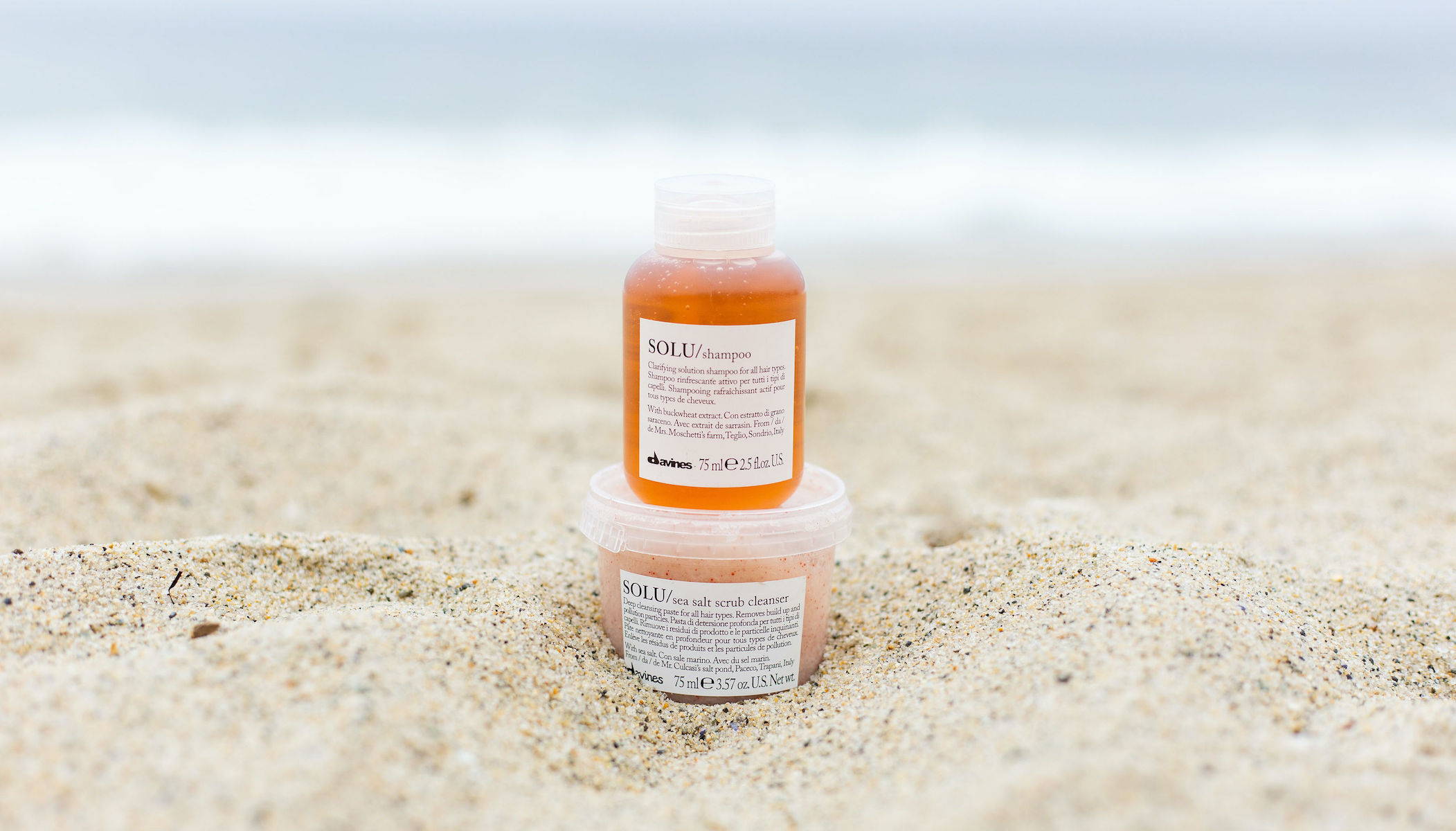


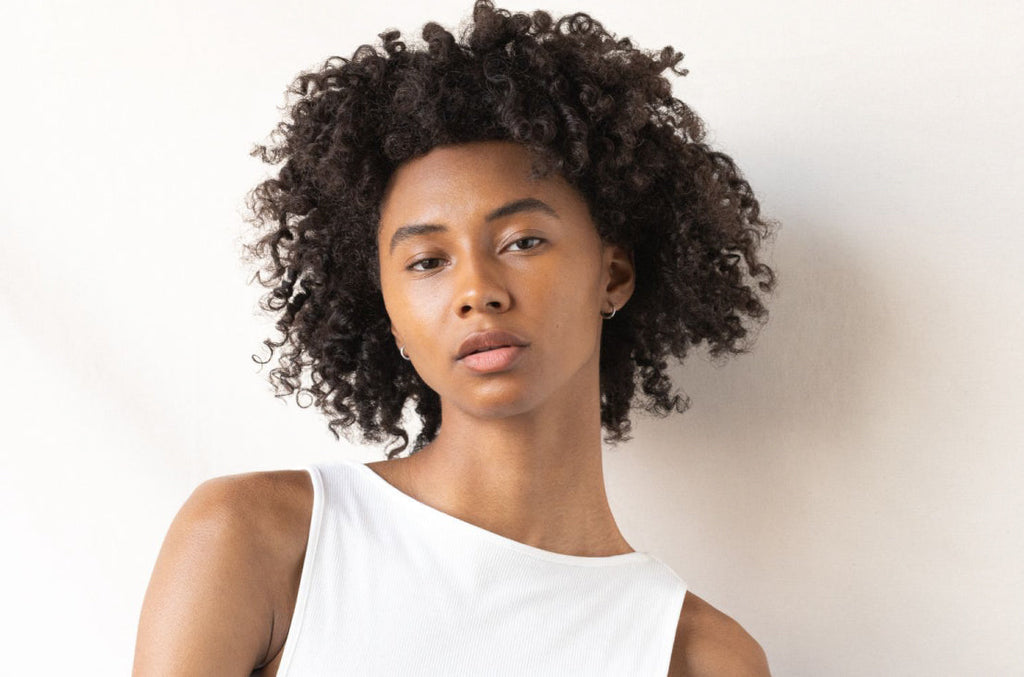
1 Comment
1 Response
Cynthia Spivey
November 29, 2023
Great advice
Leave a comment
Comments will be approved before showing up.